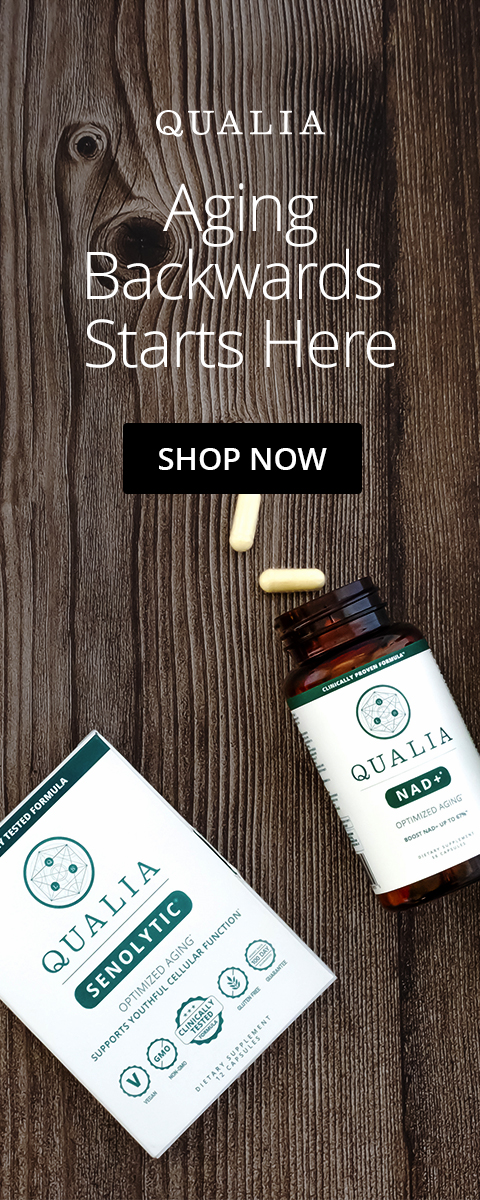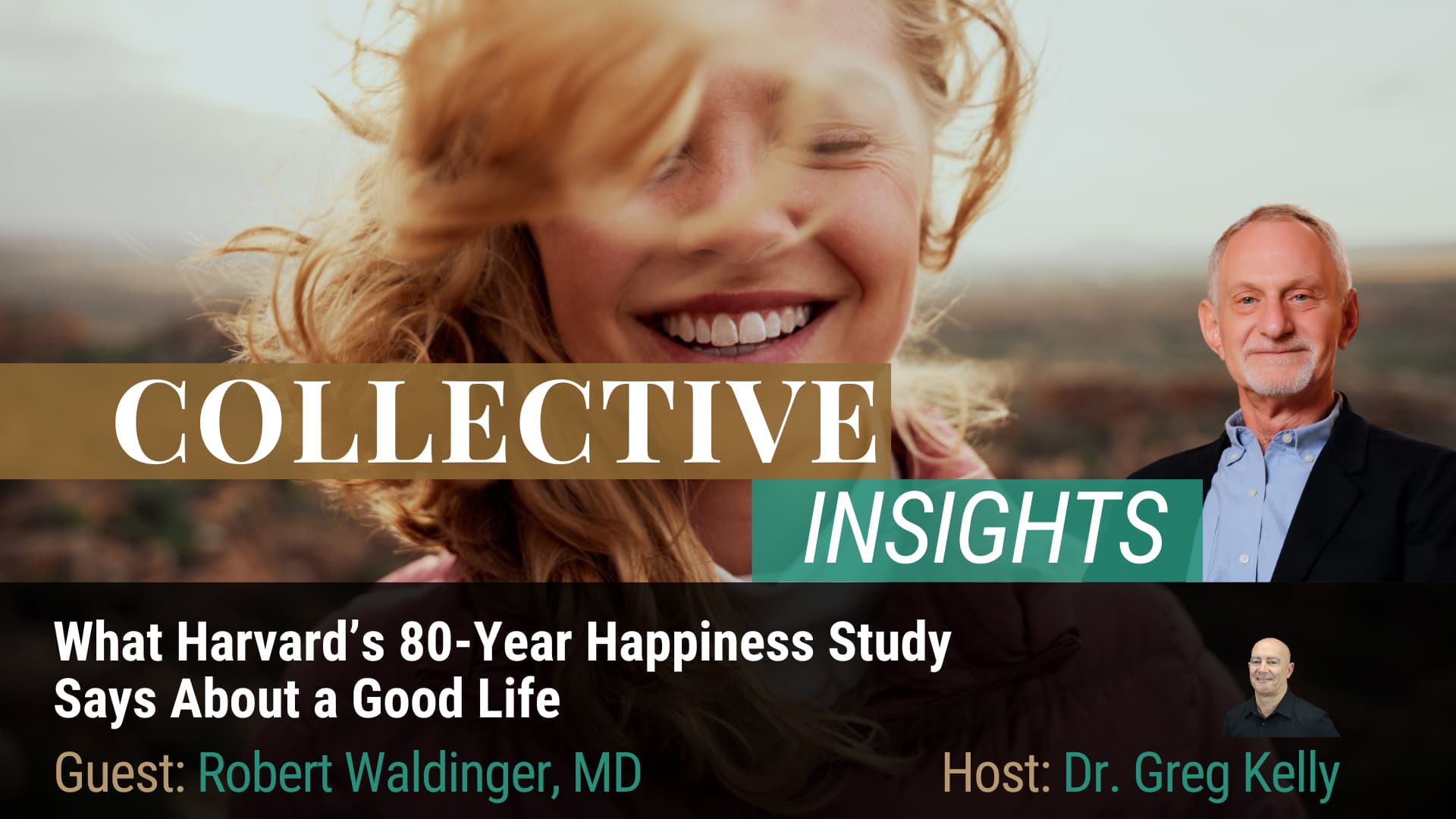The Latest Sleep Tech
Does wearable tech actually help you sleep better? Daniel Gartenberg joins us to answer this question. He shares his best tips to address your unique sleep challenges and offers suggestions for how to best utilize wearable sleep tech. Gartenberg has a Ph.D in Cognitive Psychology, and is an adjunct assistant professor at Penn State University. His current research is focused upon accurately tracking sleep quality through wearable technology. But he doesn’t just want to measure it, he wants to make it better. In this episode we discuss:
- 3-5 things anyone can do to sleep better
- Pros and cons of wearable sleep technology
- Creating the ideal environment for sleep
- How sleep and immunity are connected
- The definition of good sleep
- What is going on when you’re having more dreams
Dan has dedicated his life to helping people sleep better. Tune in now for better sleep tonight.
Related links:
SleepSpace App Use the code UNION for 30 days free. Expires on 8/30/20
Matthew Walker, Ph.D. Studies
Giolio Tononi, MD, PhD, Synaptic Homeostasis Hypothesis
Study: Detecting sleep using heart rate and motion data from multisensor consumer-grade wearables, relative to wrist actigraphy and polysomnography
Guest Bio:
Dan has dedicated his life to helping people sleep better. Daniel has a Ph.D in Cognitive Psychology, and is an adjunct assistant professor at Penn State University.
He has conducted grant-funded research from the National Science Foundation and the National Institute of Aging to develop sound environments that can diagnose and treat sleep disorders, improve sleep quality, and optimize daytime alertness. He has also developed several mobile sleep apps, such as the SleepSpace Coach, which provides personalized sleep feedback and sounds that are designed to modulate sleep quality.
His current research is focused upon accurately tracking sleep quality through wearable technology. But he doesn’t just want to measure it, he wants to make it better. Dan is particularly interested in using technology to enhance slow wave sleep (also known as deep sleep) by manipulating temperature, light, and sound. He delivered an excellent TED talk that explains how stimulating deep sleep can help us learn and consolidate memories, regenerate our tissues, and generally make us healthier and more productive.
Instagram: @doctor.snooze
Twitter: @DanGartenberg
If we find a product or service we love, we want to share that with our community. In some of these cases we will partner with the provider in an affiliate relationship which may result in a payment or benefit to Qualia. We won't ever enter into such an arrangement or recommend any product or service we haven't researched or stand behind.
All content provided on this website is for informational purposes only. This information is never intended to be a substitute for a doctor-patient relationship nor does it constitute medical advice of any kind.







